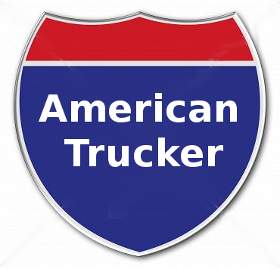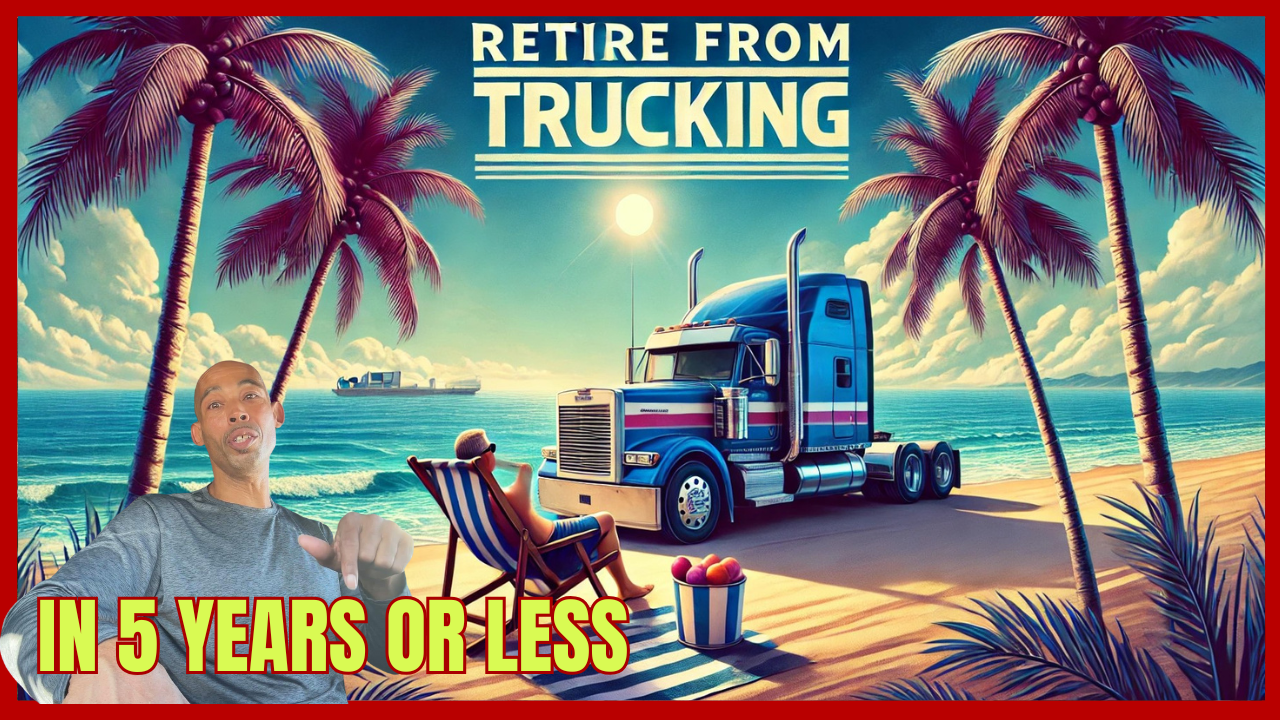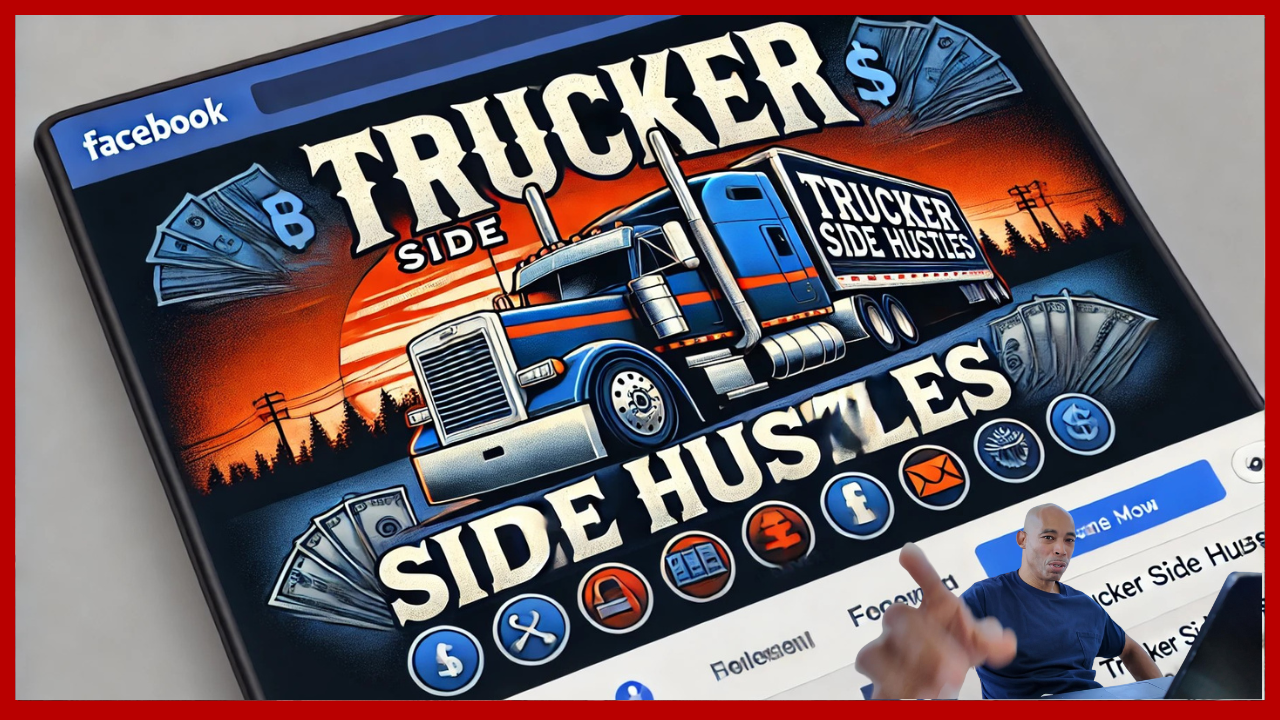Are Truckers Unskilled Workers or Skilled Workers?
by American Trucker
(USA)
Maneuvering an 18-wheeler through the city streets of Chicago, Detroit or one of the colonial-time cities of New England can test the patience of the most experienced truck driver.
Handling a rig that is 70 feet long, 13 1/2 feet high and weighing 40 tons is tough enough . . . add hundreds of other vehicles into the scenario, along with hundreds of pedestrians and all kinds of various distractions and obstacles . . . it is no wonder that our men and women truckers are referred to as “professional.” However, does it really require any skill to operate a commercial motor vehicle? According to the U.S. Department of State and the Wage and Hour Division . . . it does not.
In fact, these departments consider the skill of a professional truck driver, equal to the skills of a janitor and a telephone operator. No matter what a person’s job is, work is honorable. Regardless, should the performance of a professional trucker be equal to that of a short-order cook? As far as the law is concerned, professional truck driving requires no skill. These laws are contradictory of each other.
To begin with, the term “professional” is defined as: “A member of a vocation founded upon specialized and educational training.” It further refers to being “Engaged in one of a learned profession.” CMV drivers are always referred to as a “professional” by trucking companies and trucking organizations alike. CMV driving jobs are always referred to as “careers” by companies and job placement services.
Thus, we have a profession within a career . . . which equals professional.
The term “unskilled” is defined as: “Lacking skill or technical training” – “Requiring no training or skill” – “Exhibiting a lack of skill.” It is further described as: “Not having, showing or requiring special skill or proficiency of any kind.” These two terms, professional and unskilled, contradict each other when we look at the professional truck driver. Jobs are also considered unskilled when the worker can “Learn to do them in 30 days or less.”
Granted, a person can go it alone and not attend a CDL training school and take the written tests and borrow a friend’s semi rig for the driving test, and achieve the CDL on their own . . . the problem with this is . . . nobody will hire them. In order to be considered for hiring by the trucking companies, one has no choice but to attend “specialized, educational training.” Courses often consists of 160 hours of technical training within a minimum of three weeks, followed by further technical training with a professional driver-trainer for another three weeks or longer. I’m no mathematical genius, but last time I checked, a minimum of three weeks of CDL training and another minimum of three weeks of real world driver training, equals more than 30 days. Furthermore, since truck drivers are classified as unskilled workers, why then, is the CMV driving test called a “skills test?”
When you break down the systematic order of a professional truck driving career, you arrive with many variables that only points to one main aspect: skill. So why does the Wage and Hour Division label truck drivers as unskilled labor? For the true answer, one must look at the entire scope of global economics.
The law of supply and demand dictates the survival or non-survival of
According to U.S. Census data, more than 70% of American adults are classified as unskilled workers. This large majority of unskilled labor is the driving force in keeping company and corporate expenses low, resulting in higher business profits. This corporate greed is further expanded through such programs as NAFTA. By opening the borders into America, the United States would become flooded with more unskilled workers, thus continuing the demand for low wages and cheap labor. Therefore, all the discussion for increasing trade, is actually an attempt to maintain the usage of unskilled labor which in turn, will lead to further profit making for big business.
By increasing the supply of unskilled labor, wages for workers in the United States will be reduced even further. These lower wages are a by-product of increasing the unskilled work force. It is basic economics: increase the supply of something . . . and you lower its price. Not only does this help with business profit increase, consumers also benefit from the usage of unskilled workers. It is a global exploitation of the unskilled laborer. By classifying professional truck drivers as unskilled, their wages remain low, thus providing higher profit margins for the employer, and helping to stabilize the global economical impact on all developing countries.
In order to present an awe of working to help the unskilled, Congress will step up from time to time and raise the minimum wage. This in fact, further hurts the unskilled worker. Lower-skill workers become less employable when the minimum wage rises. Studies have shown that when the minimum wage goes up, businesses will change what workers will be hired. If they are now going to be forced to pay higher wages, companies will let their unskilled workers go, and replace them with more highly-skilled workers in order to achieve a higher productivity. Research consistently demonstrates that higher minimum wages lead businesses to hire skilled workers at the expense of unskilled workers. Therefore, by raising the minimum wage, the act ends up actually hurting the very people it was meant to help.
Unskilled workers are also subject to a much larger risk of unemployment during recessions than are skilled workers. Workers classified as unskilled, earn less income and leads to something we see in the trucking industry all the time: employee turnover. High turnover can be harmful to a company’s productivity if skilled workers are leaving, but those classified as unskilled labor are seen as employees that can be easily replaced.
If professional truck drivers suddenly left the trucking companies, does the Wage and Hour Division believe that they could be easily and readily replaced? They possibly could be . . . at the expense of public safety.
As advocates and organizations constantly scream about safety, professionalism and proper educational and technical training, how can the American trucker be classified as unskilled? It has nothing to do with safety . . . it has everything to do with global economics and the exploitation of cheap labor.
By Carl S (American Trucker)
Comments for Are Truckers Unskilled Workers or Skilled Workers?
|
||
|
||
|
||
|
||
|
||
|
||
|
||
|
||
|
||
|
||








